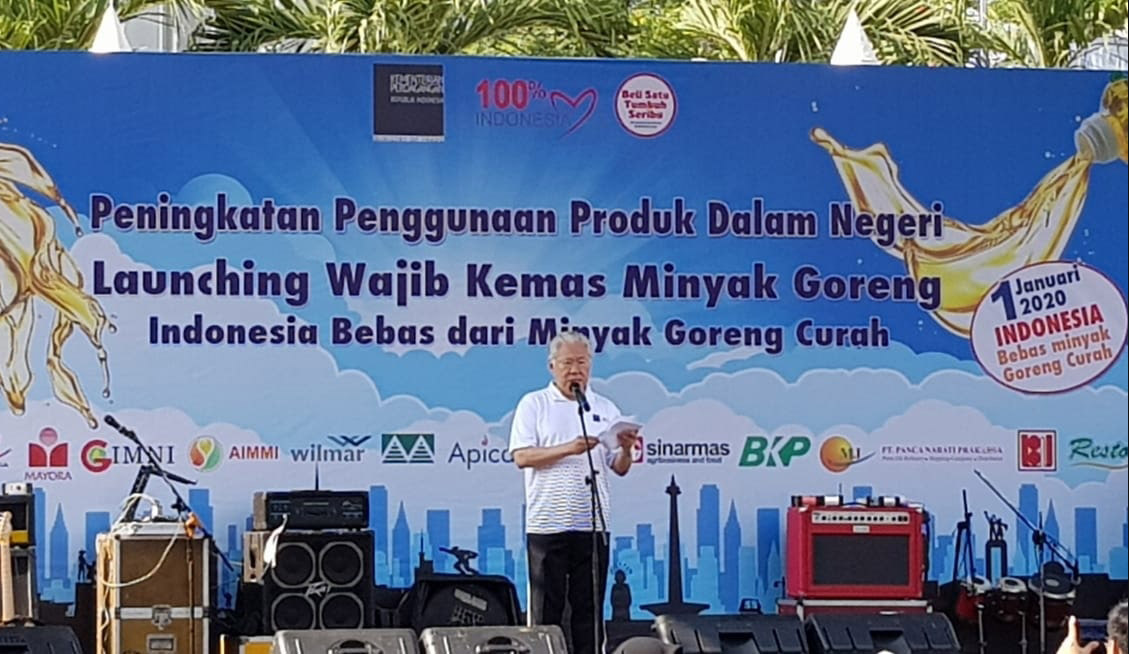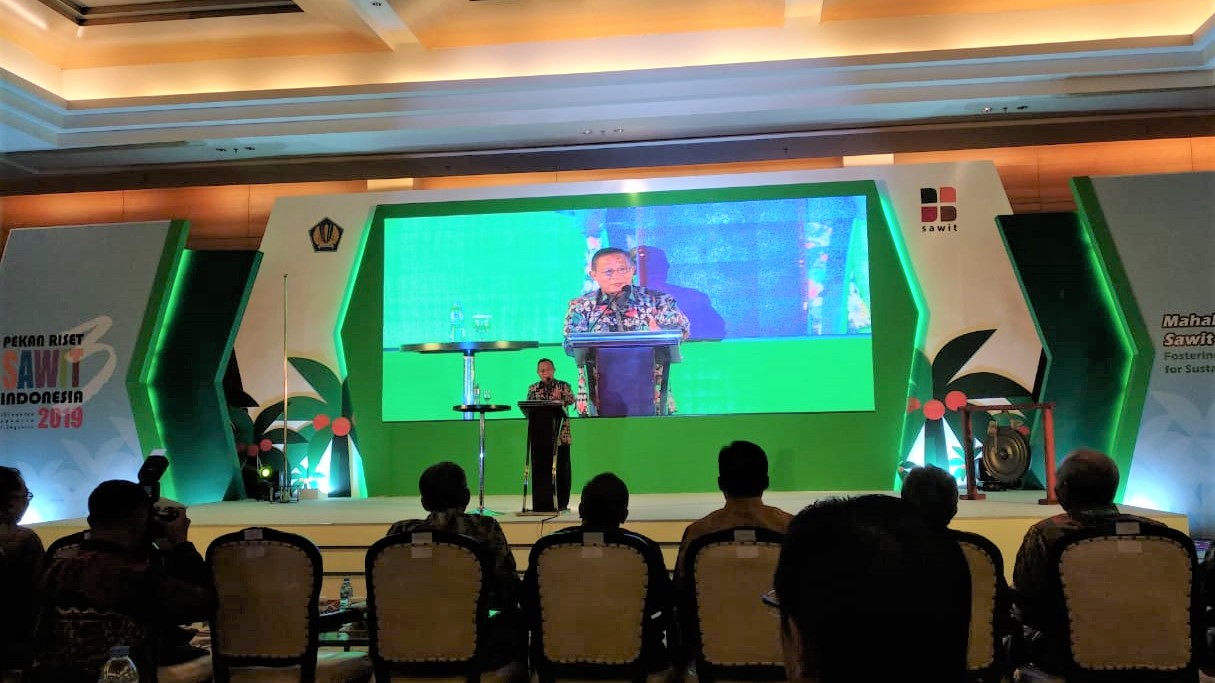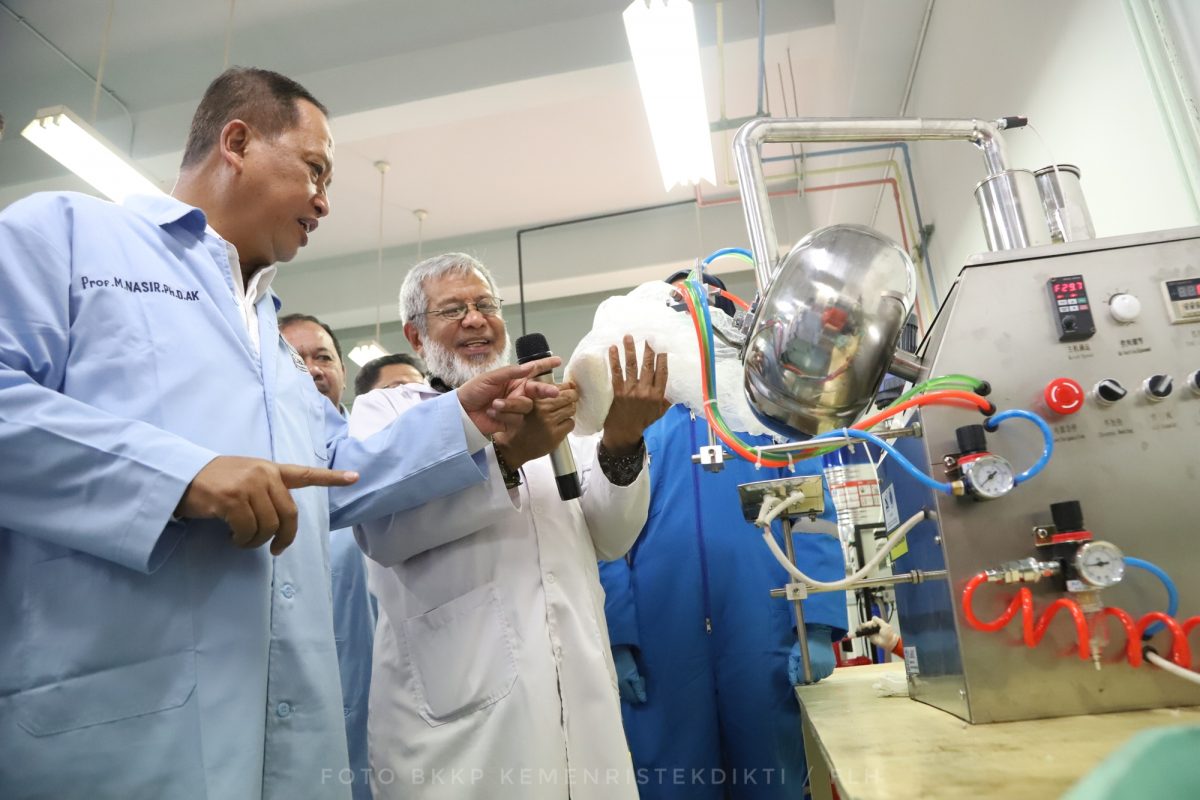Mining Sector to Maximize Use of Biodiesel
After the railway sector, the mining sector now express their interest to utilize biodiesel to fuel the heavy mining equipments.

After the railway sector, the mining sector now express their interest to utilize biodiesel to fuel the heavy mining equipments. This news emerged from the Ministry of Energy and Mineral Resources (ESDM) recently.
Director General of New Energy, Renewable Energy and Energy Conservation of the Ministry of Energy and Mineral Resources, Rida Mulyana, revealed that biodiesel will be used for mining heavy equipments under the B10 formula. This plan has been communicated to both the miners and the heavy equipment operators. `The expansion into the mining sector has been done in several coordination meetings to the miners as well as heavy equipment providers to find the most suitable B level, or whether B20 can be utilized fully,` said Rida in the Coordinating Ministry for Economic Affairs, as reported Detik.com (20/3 / 2018). This is definitely an encouraging news as awareness of biofuel use is now spreading. This also means that the consumption of biodiesel will increase and is expected to reach up to 3.5 million kiloliters (KL) this year. During 2017, biodiesel consumption only reached 2.9 million kiloliters. Rida estimates that there will be additional biodiesel consumption up to 400 thousand KL this year due to the consumption of B5 for rail and B10 planned for mining heavy equipment. There is currently B5 trial for the train and it is estimated to take up to six months from the beginning of 2018. The government is trying to increase the use of renewable energy as an alternative to replace fossil fuels. One of the efforts is to increase consumption level in the country. This will increase the biodiesel production by national oil companies. However, due to the current price of biodiesel which still expensive compared to diesel prices, producing biodiesel will provide great challenges for national biodiesel producers. That is why an incentive is needed to close the gap. The government then initiates by channeling out an incentives through the Agency for Funding of Oil Palm Plantations (BPDPKS). The amount of incentive given greatly depends on the amount of biodiesel distributed. Whereas, the amount of biodiesel disbursed depends on the production capacity of the company. The greater the production capacity, the greater the amount of biodiesel that can be channeled. Currently, the price difference is paid in the range of Rp 2,800-Rp 2,900 per liter and multiplied by the production of biodiesel by producers. There are 19 biodiesel producer companies that receive Incentives. All companies that produce biodiesel and pass the quality requirement can be Biodiesel dealers. `Biodiesel incentives are one of the forms of government alignment to the community. Source of funds is not from the state budget, so the state does not spend money for this incentive, `said BPDPKS President Director Dono Boestami. ***



































